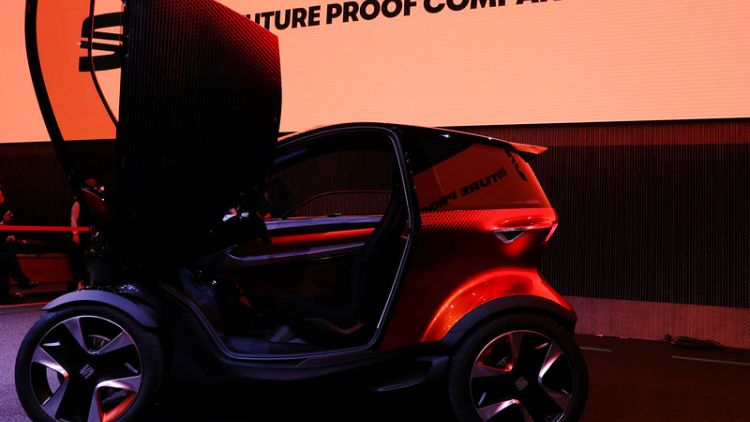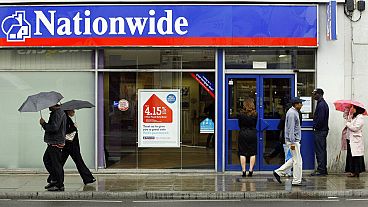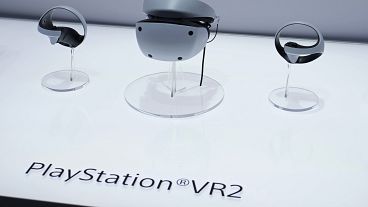By Isla Binnie
BARCELONA (Reuters) - Carmakers will be big customers for next-generation telecoms networks, helping to justify investment in 5G, but need to be more innovative if the technology is to take off, Spain's SEAT said on Monday.
The deployment of 5G promises to link everything from vehicles to household devices but will require prodigious investment and the telecoms industry is trying to agree on if and how 5G can facilitate enough innovations to be profitable.
Luca di Meo, chief executive of Volkswagen-owned SEAT, said applications were currently "pretty limited", before unveiling what he described as Europe's first 5G-connected concept car at the Mobile World Congress in Barcelona.
Still, he said connecting a car with a passenger's mobile phone, or external infrastructure or retailers could lead to billions of possible transactions.
"I think personally the automotive industry will play a big role in justifying the investment so we will be one of the big customers but we need to be creative," Di Meo told Reuters.
"We need to experiment and look at functionalities and hopefully the market will say, OK, I want to buy a car like this because it can prevent an accident or it can see around the corner and I value that and I (will) pay for it."
5G will help to slowly develop autonomous driving, where the costs of installing sensor technology are already falling, Di Meo said. That market is expected to be worth as much as $95 billion (£73 billion) in 2020.
But ethical questions, issues of infrastructure and how traditional cars will coexist with driverless ones make it very difficult to say when the market will take off, he said.
SEAT expects the next version of the Minimo concept car, an electric model in which one passenger sits behind the driver, to be equipped for autonomous "L4" everyday driving in cities.
"We see the potential in the car-sharing platform," Di Meo said, adding costs could be slashed 50 percent if cars could be tracked, did not have to be moved and were constantly running and so did not pay for parking.
In Barcelona, SEAT tested systems like putting thermal cameras in traffic lights to detect the presence of pedestrians and feed the data back to the car.
Di Meo said a car can potentially produce as much data as 3,000 smartphones, so should be a "pillar" of the so-called "Internet of things", whereby everyday objects are linked up by chips that can communicate with each other.
(Reporting by Isla Binnie; Editing by Susan Fenton)



